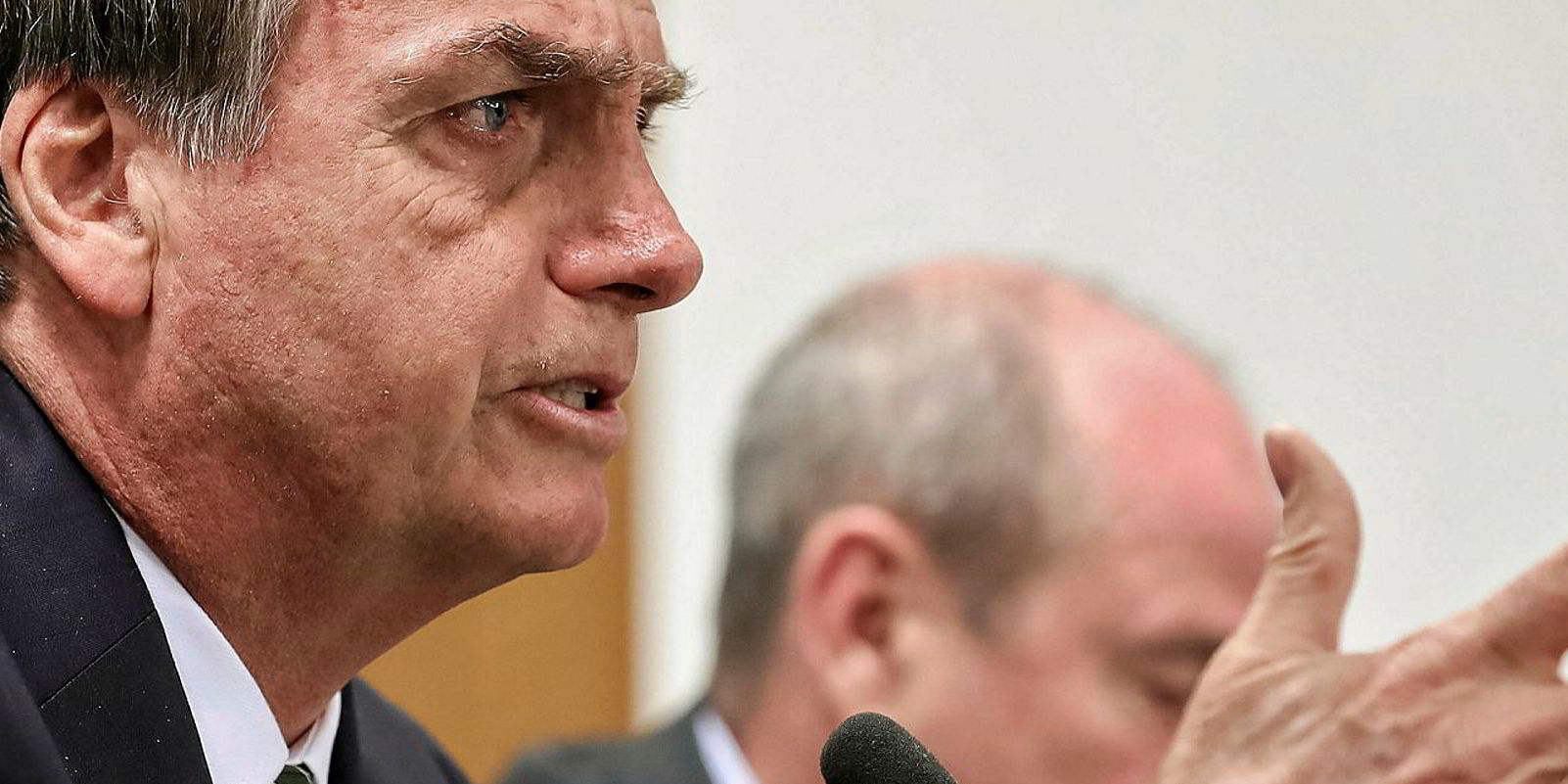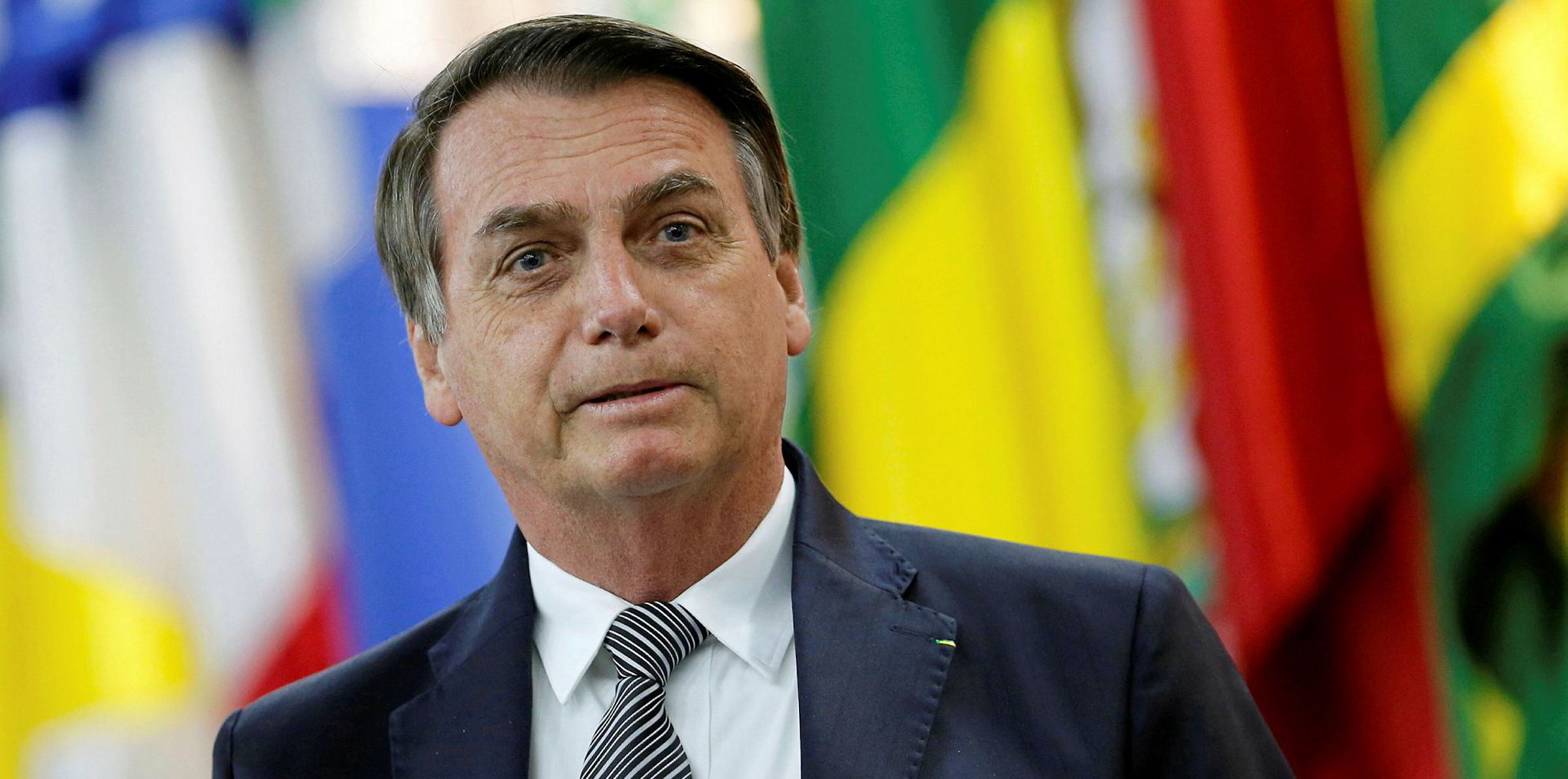OPINION: The unseemly row between Brazilian president Jair Bolsonaro and French President Emmanuel Macron was depressing for those of us who expect mature debate on an issue of such global relevance as the fires raging in the Amazon rainforest.
Brazilian de-forestation has spiked before, but thistends to happen in times of booming commodity prices or unusual drought, and there is an ideological factor in the mix this time.
Land-grabbers and farmers keen on expanding their production of beef and soybeans have almost certainly been encouraged by Bolsonaro’s fierce attacks on environmental regulators.
Apart from the destructive scale of these fires, scientists are also increasingly worried about signs the rainforest may be losing some of its capacity to recycle water and retain fire-beating humidity, leading to an irrevocable change.
Such questions call for the application of sound science and rational debate, but Bolsonaro’s reaction to Macron’s expression of concern about the Amazon was to resort to petty insults and conspiracy theories.
Oil companies might wonder if they need to worry about this. They have spent the last two decades trying to improve their image on environmental matters, yet some of them might now be tempted to conclude that populist leaders such as President Trump and President Bolsonaro have exposed green thinking as a minority bourgeois liberal concern.
This would be a mistake. Younger people around the planet will become ever more aware of the undeniable reality of environmental spoilage, and demands will continue to grow.
China is among those to have already learned, even while seeking to encourage rapid economic growth, that issues such as air quality can transcend politics, and require action.
This week's diplomatic wrangling, unedifying as it was, helped push deforestation into the centre of global debate, and may have given Europeans and others some food for thought about how to exert pressure through consumer choices.
Bolsonaro is also wrong when he belts out his slogan “The Amazon Is Ours!” because the Brazilian rainforest borders with eight countries, each of which is deeply affected by what happens there.
One of these countries will have its own environmental governance falling into the spotlight soon. Guyana is home to one of the planet’s largest tracts of pristine or primary rainforest, and the imminent arrival of oil revenue from ExxonMobil’s offshore discoveries creates both opportunities and responsibilities.
Guyana is keen to pave the main road from Brazil’s northern Amazon region, opening up a new route for farm produce and opportunities for tourism. Fugro, a company well known to Upstream readers, has been pushing ahead with surveying for this project to proceed.
For Guyana’s government, this is not only an opportunity to use oil revenues to improve living standards, but it also offers the wherewithal to control illegal logging and gold mining and adopt a sustainable model of development.
In such circumstances oil companies can find that they have a positive role to play that goes beyond the realm of marketing.
With Liza oil on the way, ExxonMobil astutely chose a rainforest conservation project as a flagship for demonstrating a commitment to environmental responsibility. Such efforts should be encouraged.
A steady and deep-seated commitment to social and environmental responsibility is helpful, and the oil companies, with their long experience of environmental management, should have something to contribute.
(This is an Upstream opinion article.)


